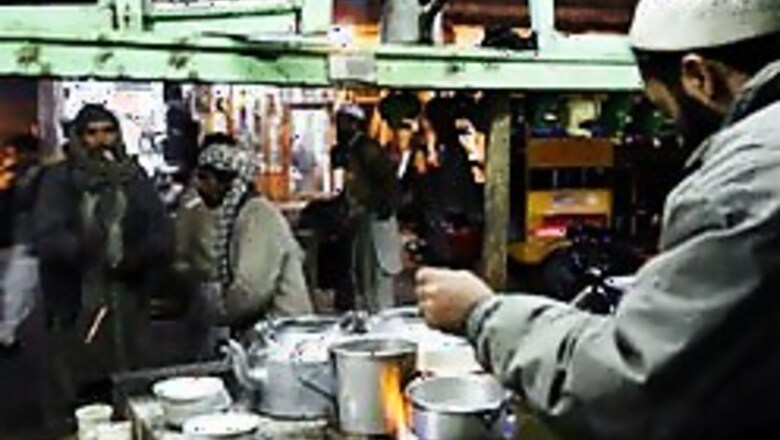
views
Karachi: The assassination in Pakistan of opposition leader Benazir Bhutto threatens to derail the country's strong economic performance of the past five years that had been partly fuelled by foreign investors.
A national election to return the country to civilian rule has been put back six weeks to February 18, but there will be no economic honeymoon for the winner. Instead, the new leadership will have to contend with a growing external deficit that could prove increasingly difficult to fund since the country's perceived investment risk has shot up, which will keep foreign investors at bay.
The incumbent government had been hoping to fund the deficit through a combination of increased foreign investment, sales of state equity in global share listings and through bond issues on international markets. But analysts say that is not likely any more.
"This will be a big concern for the government," said Asif Qureshi, head of research at brokerage Invisor Securities. "The foreign inflows have and will slow down and nobody is willing to take fresh investment decisions till the visibility on the political front gets better," he said.
"This means that the government will find it difficult to fund the external deficit." That is likely to mean further pressure on the Pakistan rupee, which slumped this week to a six-year low against the dollar.
Void until recent months, Pakistan had been an increasingly popular destination for foreign investment, partly because military ruler President Pervez Musharraf introduced liberal economic policies after he came to power in a 1999 coup.
The economy has grown at an average annual rate of 7.0 percent since 2002. The Karachi stock exchange has shot up almost 900 percent this decade. But the killing of Bhutto, a former prime minister, has left an economic void since she was seen as the only opposition leader with genuine national appeal and strong foreign backing.
The economy suffered almost $2 billion in losses in the two days of violence that erupted after her murder last week, initial government estimates show. Businesses shut down as government and private property came under attack.
"Bhutto's assassination has blocked off foreign portfolio inflows, and it looks clear it will hurt investor appetite.." London-based Citigroup economist Mushtaq Khan said in a report. "In our view, the external sector is the most vulnerable part of Pakistan's economy as the political uncertainty plays out."
Foreign investment in the first five months of the current fiscal year has dropped 19.3 percent to $1.82 billion from the year-ago period, led by a sharp fall in portfolio investment due to growing political uncertainty, central bank data shows.
In 2006/07, total foreign investment in Pakistan had almost doubled to $8.43 billion. Foreign exchange is vital to fund Pakistan's growing external deficit, such as in its current account, the broadest measure of a country's trade with the rest of the world.
The current account deficit has been growing steadily and stood at an alarming $4.8 billion during July-November, or about 3 percent of gross domestic product.

















Comments
0 comment